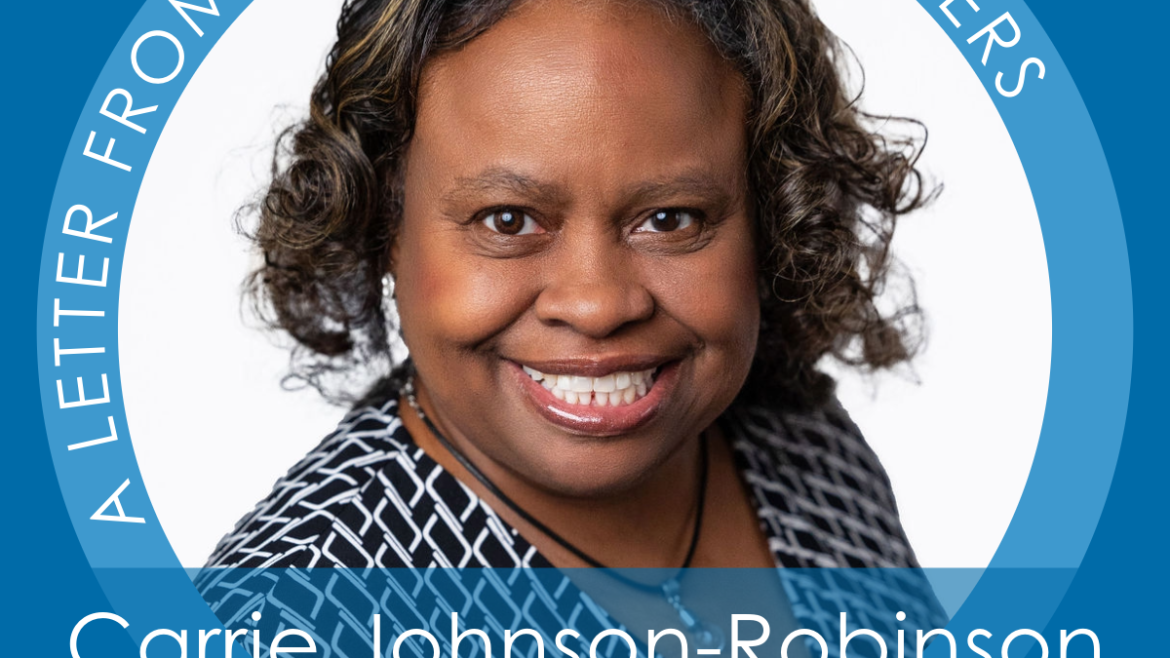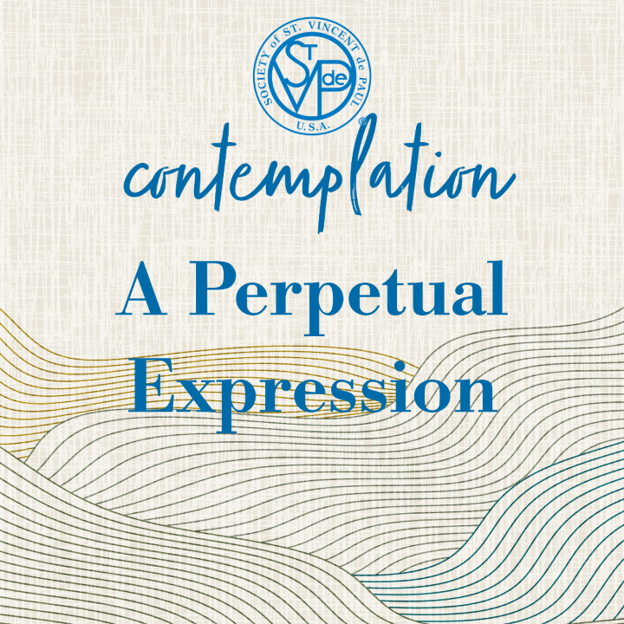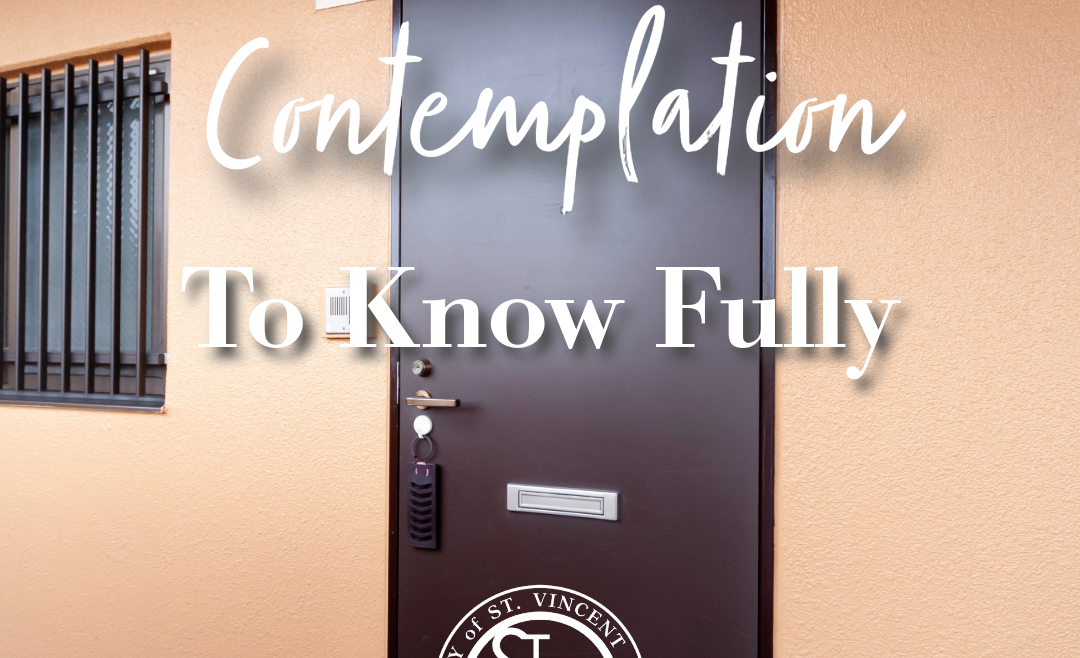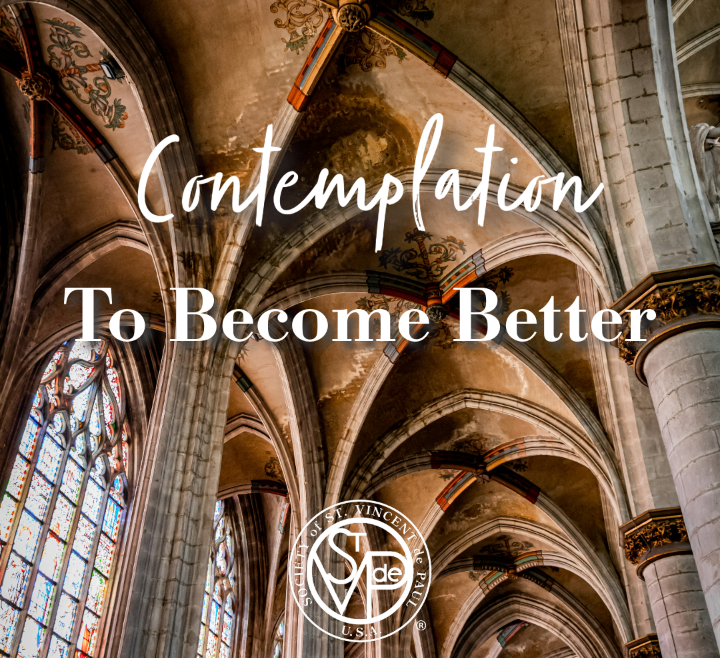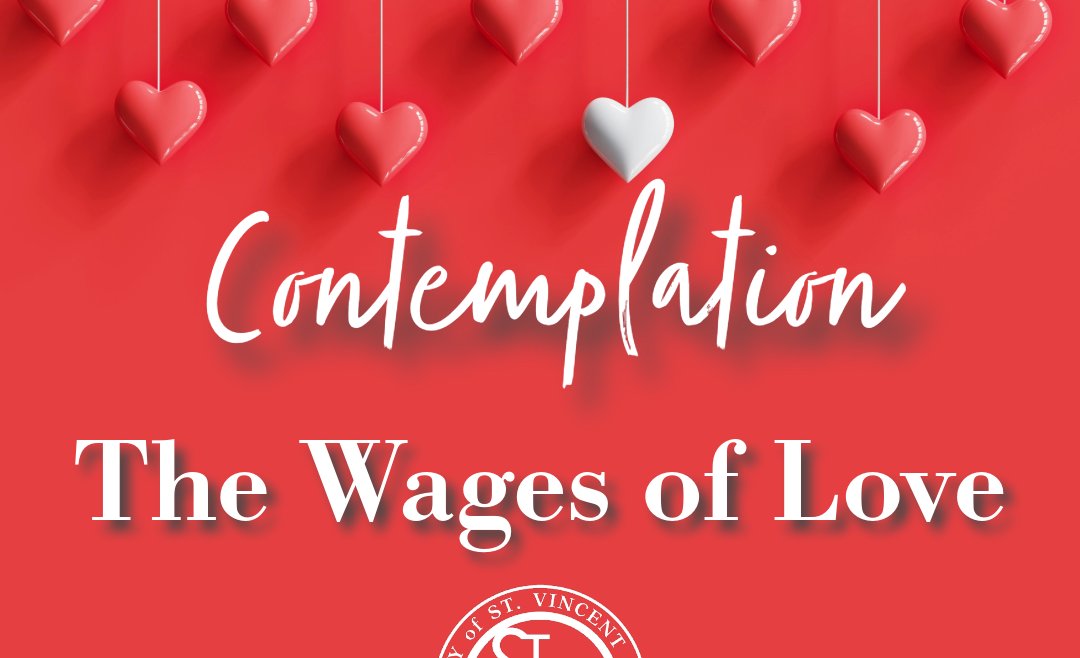God Answers
Imagine a young woman, 18 years of age, alone in solitude after her husband departs for work. She places her infant daughter down to sleep. A nudging from within prompts her to go and look upon her daughter, and she is obedient. She notices her firstborn turning blue. To the touch, she is cold. Breathing is absent. Immediately, she wraps her in blankets, sits in front of a space heater and begins to pray. Eventually she notices the blue fade, feels warm flesh, and hears her daughter cry for nourishment.
Imagine a call placed to a 43-year-old woman by her sister in the middle of the night to inform that their womb bearer had been in an accident, and death was believed to be imminent.
The words my mother spoke to God at 18 are not known to me, because she did not share them. I only know that she prayed for God to alter the circumstance, and He answered. I was embarking upon adulthood when my mother shared the experience. At the time of her sharing, I did not fathom sitting in the Intensive Care Unit of the University of Mississippi Medical Center, praying to God to deliver the same answer He gave my mother, and I don’t believe she fathomed me doing it. God answered me — but I did not receive the same answer.
There is a natural tendency to pray and ask God to alter circumstances. If the circumstances are not altered, there is an urge to state that the prayer was not answered. Indeed, I have often heard people say when the hindsight lens is in view, “I am glad God did not answer my prayer.” In truth, God answers all prayers. Consider the words of the Psalmist: “But God did hear and listened to my voice in prayer. Blessed be God who did not reject my prayer and refuse His mercy.” (Psalm 66:19 – 20.)
God need not alter the circumstances we pray about to answer. God’s answer to prayer could be changing us by allowing the circumstance to remain present. An even greater answer is the one which changes your relationship with Him.
Instead of giving me the answer He gave my mother, God chose to change my relationship with Him.
The mission of our society is: “A network of friends, inspired by Gospel values, growing in holiness and building a more just world through personal relations with and service to people in need.”
I was unaware of the Society of St. Vincent de Paul at the time of my mother’s death, but building a more just world through personal service to people in need was not a challenge for me. As a child, I watched and learned from my mother, great-great aunt, those residing in Shelby, Mississippi, and the Oblate Sisters of Providence who came to serve St. Gabriel’s Catholic School in Mound Bayou, Mississippi. Serving and giving to those in need was innate for me. It is innate for most Vincentians who accept the calling.
My challenge was intimacy with God. Is it a challenge for you? Growing in holiness is synonymous with intimacy with God. In my spirit, I knew that my mother’s earthly journey had come to an end before I offered the prayer. I offered the prayer because I had no desire to experience the inevitable sorrow. As a result of God’s decision to call me into holiness, I learned that the prayer offered by me was about my natural will. It did not consider God’s will, which is rooted in holiness. Jesus was cognizant of His natural will, but was governed by holiness when He said “Father, if you are willing, take this cup from me, still not my will but yours be done.” (Luke 22: 42)
The Vincentian vision of a more just world is dependent upon our intimacy with God. So, let’s begin to pursue intimacy with God.
Carrie Johnson-Robinson
National Council Secretary

